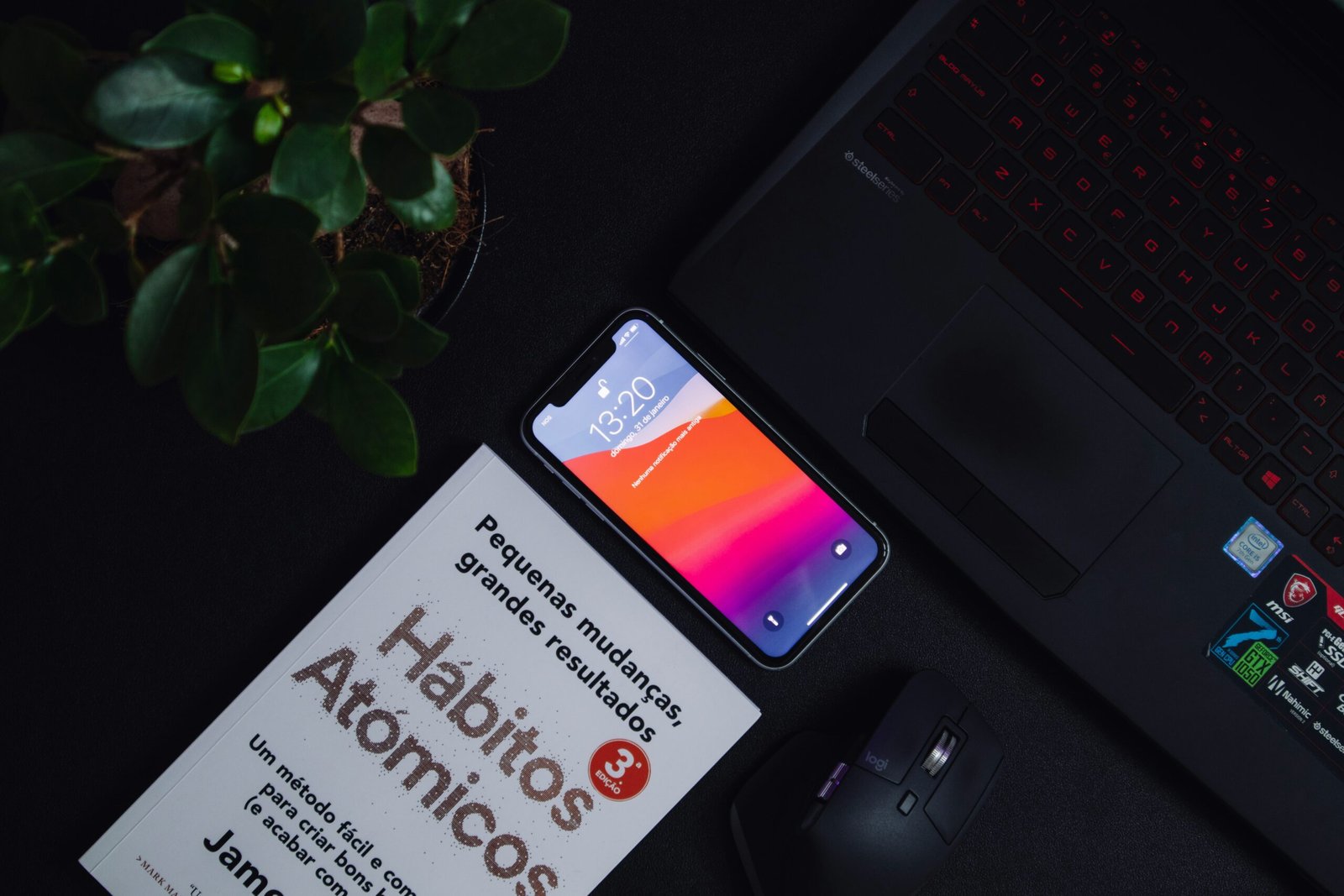
Przed Tobą
- You will learn the most important things about dealing with stress before a public speaking
- I will show you that applying these rules can help you effectively deal with stress before a public speaking
Try not to be so nervous. That is what people advise others who dread public speaking. That is also probably the least useful piece of advice they actually should give. There are a lot of science backed things you can do to overcome the fear of public speaking. But common sense infused Try to calm down simply does not work.
In fact, you should not TRY to calm down. You should not TRY not to be so nervous. Admitting we are stressed is a much more effective technique. Admitting and realising that stress is just a specific reaction to a situation when something we value is at stake. Our reputation, our project, our ego. The inner dialogue could therefore be along those lines: I’m stressed. Why am I stressed? Because this is important to me.
It is then crucial to read the body signals as beneficiary, not as fatal for our performance. In her Ted talk Kelly McGonigal strongly advices reframing the way we think about stress. Viewing stress as harmful can be… harmful. Viewing stress as helpful makes it our friend not a foe. So the dialogue should continue: My heart is beating faster to get my whole body ready for this challenge. I’m breathing faster to oxygenate my brain and give the performance my audience deserves. Interpreting your body signals and your thoughts is very much up to you. This interpretation might be the key to better performance.
Your mind controls the body. Your thoughts can shape behaviours. That is why you should try one trick instead of actually TRYING to calm down. In one interesting research, Harvard professor Alison Wood Brooks asked people to give a public speech on what would make them good colleagues. To make things worse, they were informed they would be videotaped and evaluated by a committee. More than 90% of people studied said the best strategy was to calm down. But it didn’t work. When independent raters evaluated the speeches, people who tried to relax ended up giving speeches that lacked persuasiveness and confidence.
So another piece of advice was given. This time strategy was not to be more calm but… more excited. What happened? Instead of saying “I am calm,” people gave more compelling speeches when they said “I am excited.” The same was true when people were anxious before singing Journey’s Don’t Stop Believin, saying “I’m excited” led to more accurate karaoke performance on than saying “I’m calm.”
Why? Physiologically, we have two different systems: the go system and the stop system. As Susan Cain, the introverted author of Quiet who overcome her own phobia of public speaking to give a record-breaking TED talk, explains, “Your go system revs you up and makes you excited. Your stop system slows you down and makes you cautious and vigilant.” Cain suggests that it’s a mistake to work at turning off the stop system; you want to turn on your go system. Anxiety is an intense emotion, and it’s hard to make it vanish quickly in the face of uncertainty. It’s easier to convert anxiety into another strong emotion like excitement. So next time your dialogue should be concluded with: I’m so excited. And I’m about to be more excited.










Komentarze
Proszę o zachowanie kultury wypowiedzi w komentarzach.